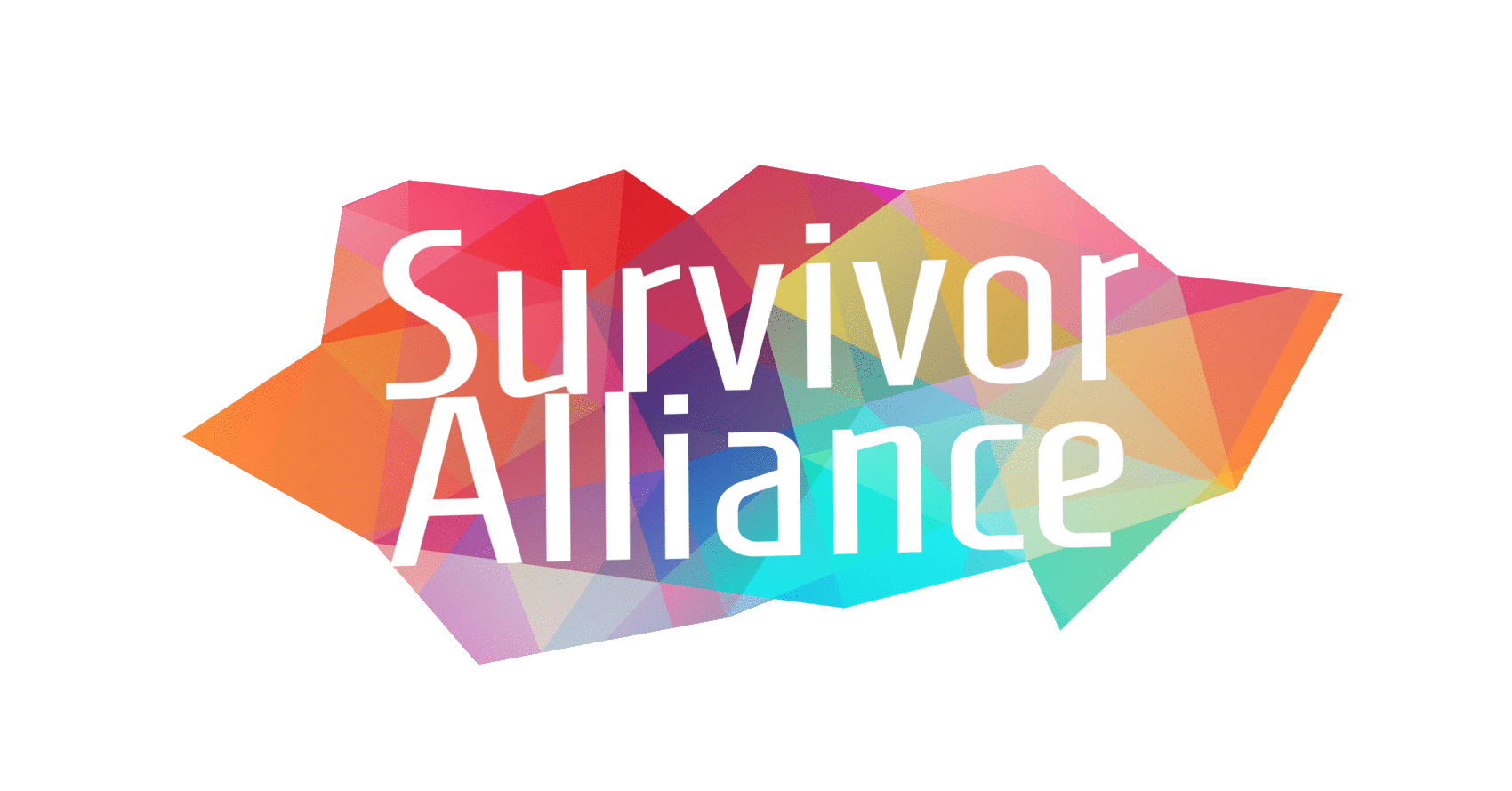Action for Allies
We extend a sincere invitation to our allies, urging them to engage in a learning process that involves understanding how to reshape the fundamental culture, practices, and existing power dynamics within the anti-trafficking sector. The aim is to cultivate a movement that is not only more just and inclusive but is also led by survivors.
While it is heartening to witness many of our professional allies actively seeking the expertise of survivor leaders, it is crucial to highlight a common pitfall. Inviting survivor leaders solely for their lived experience input in the later stages of policy and program design, rather than involving them from the start, sets the groundwork for potential failure. The investment of time and funding into developing proposals can create understandable resistance to substantial alterations later on. However, what occurs when an ally's plan starkly contrasts with the feedback from survivor leaders?
In such cases, when survivor leaders find themselves in disagreement with proposed plans and expressing their disagreement, a problematic pattern often emerges. There's a tendency to silence, exclude, or replace survivor leaders who express dissenting views. While unintentional, this practice results in harm and contributes to an ongoing distrust of our allies.
It's important to recognize that this unequal power dynamic is ingrained in the structure and culture of the sector. The Action Plan serves as a guide for accountability from allies when working alongside survivors.
More detailed information about these actions start on page 45 of the Action Plan, although we encourage you to read the entire document!
Within the plan, you will discover a series of demands and recommendations aimed at fostering a more equitable partnership.
The six categories of actions are:
Shift the sector from a top-down to a bottom-up approach.
Enhance survivors’ access to trauma-informed and sustainable employment.
Practice an intersectional approach (to oppression and identity) and create accessible, intercultural spaces for survivors.
Enhance and fund more survivor-led organizations and initiatives.
Integrate healing as a core component of survivor leadership approaches.
Shift towards alternative forms of knowledge production, and value lived experience as the basis of anti-trafficking knowledge.
Email us at actionplan@survivoralliance.org to share your thoughts, or ask questions about the Action Plan.


